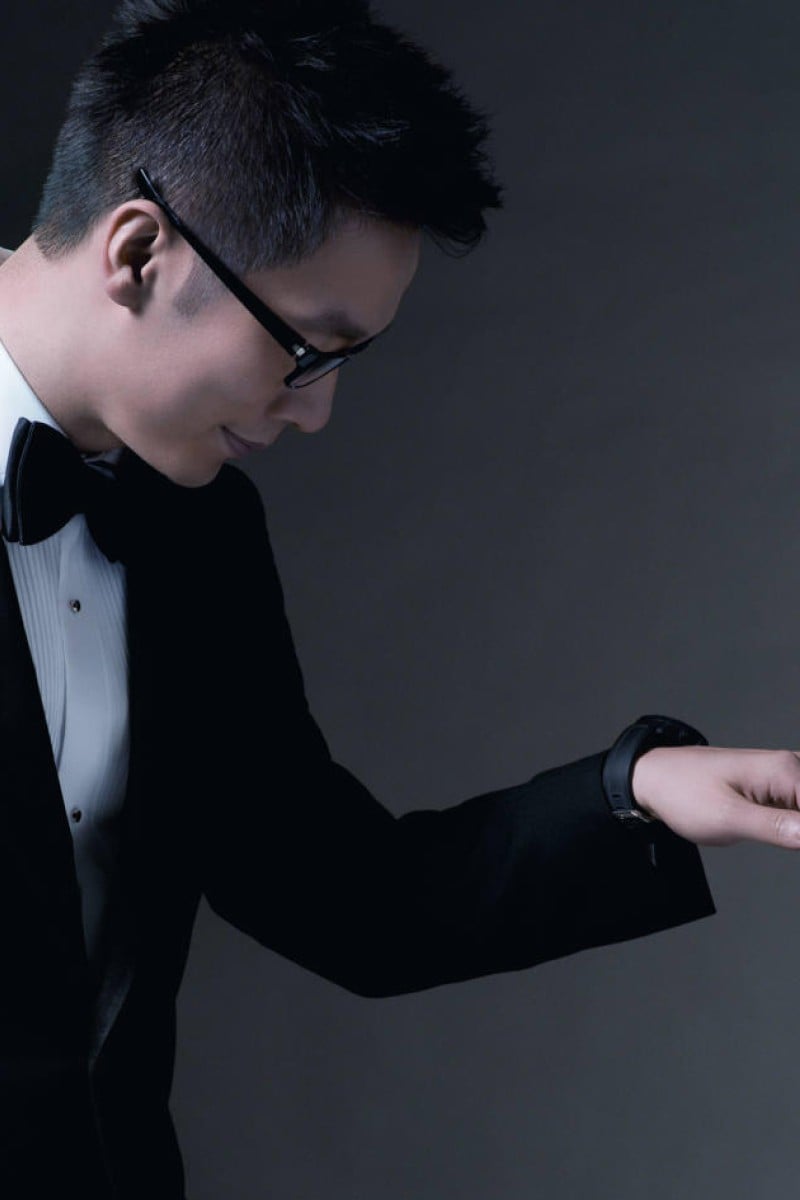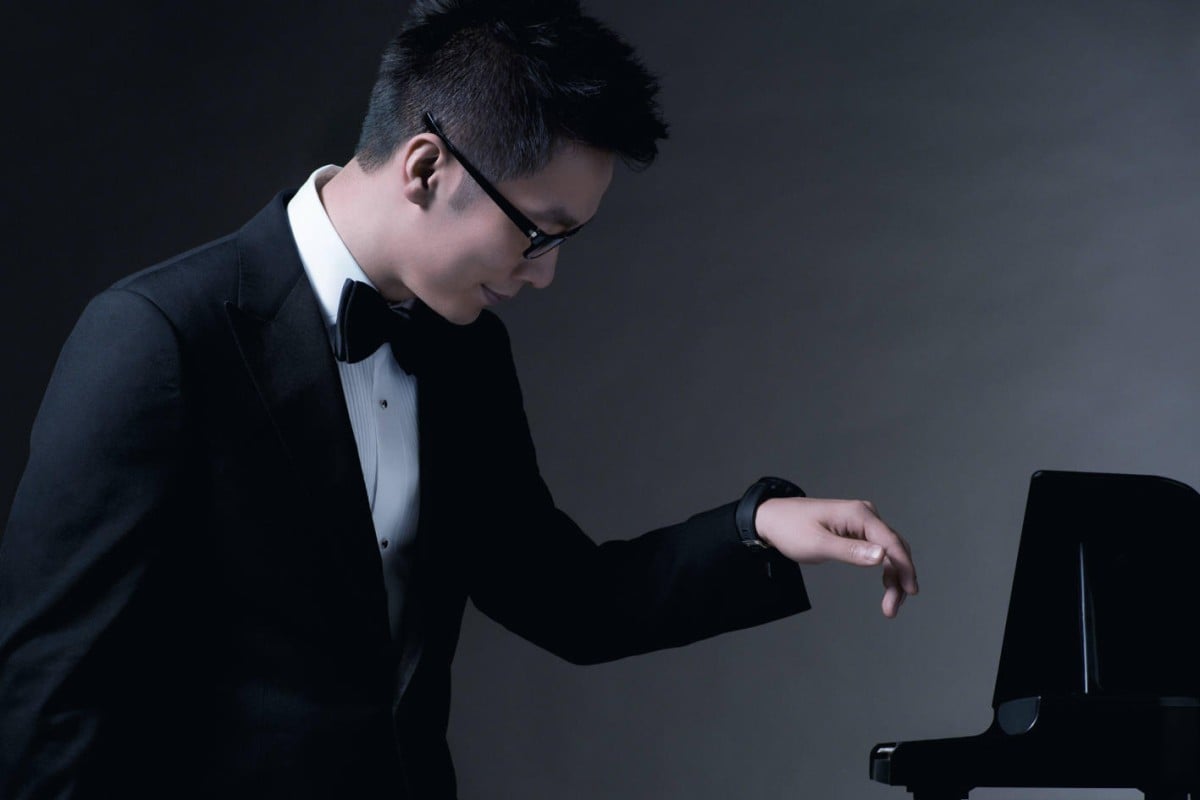
SOTY 2015: Music producer and composer Chiu Tsang-hei on the lookout for star power
Judge tells candidates to 'keep knocking on the door'
 Chiu Tsang-hei says performing arts is mostly about hard work.
Chiu Tsang-hei says performing arts is mostly about hard work.Veteran music producer and composer Chiu Tsang-hei is joining the judging panel to pick this year's Student of the Year - Performing Artist. Chiu has 30 years' experience in the local music industry. He has written music for films such as Comrades: Almost a Love Story and the recent Return of the Cuckoo, and produced shows for the likes of Andy Lau Tak-wah and Aaron Kwok Fu-shing. Here, Chiu gives some useful tips and advice to SOTY candidates.
Welcome to SOTY, Tsang-hei! What are you expecting?
I'm very excited! I'm really looking forward to meeting students with star power. When I entered the music industry in the 80s, Hong Kong's pop music scene was at its peak. I worked with artists like Leslie Cheung [Kwok-wing], Roman Tam [Pak-sin] and Anita Mui [Yim-fong] - and they all had that star power. I'm looking for that. I still remember seeing G.E.M. perform when she was just a Form Four student at True Light Girls' College. I want to meet talented students who have found their passion, and I want to help them develop that.
Tell us more about that star power. When was the last time an artist really caught your attention?
It's the infectious appeal that makes the audience [relate to] the performer. Whatever techniques you use, in the end it's all about sending a message through your performance. Last week I had the honour of being the music director and conductor for my idol Koji Tamaki in his Hong Kong show. Just by closing my eyes and listening to him sing, I was overwhelmed by the impact of his voice. I haven't seen many people who are able to do that. To the SOTY contestants - if you can touch me, you win.
Most young people have trouble finding their true passion. How did you find yours?
I knew that I had to dedicate my life to music no matter what since I was in Form Three. I just loved it. I was always at the piano, or listening to music. I needed music to be happy. I never thought I could work in the music industry right after I graduated, but my chance came when my first boss [at Capital Artists] gave me an offer after seeing me accompany a friend on the piano at a singing contest.
Just like that … and you've been in the music industry for three decades now. Do you find that people criticise you less now?
No, not at all. People are still quite direct with me! I am very aware of the quality of my work, so neither criticisms nor compliments affect me much. But I think everyone should learn to listen. Digest what others have to say to you, and decide how much you want to take in. It's important to know what techniques you lack, and find the right teacher [to correct your shortcomings]. I'm a musical director for pop bands, so I don't really know how to conduct. But for Tamaki's concert, I had to conduct a 60-member symphony orchestra. So last year, I went to the Philippines and had a two-day class with a master there. He let me conduct his orchestra, and I was so nervous my hands were shaking. But I learned a lot.
Where can students go for tips and advice?
Really, everything is on the internet. There's no excuse - so don't be lazy. Competitions like SOTY are also good places to get constructive criticism. People in the music industry are also very open to giving feedback, so don't be shy to ask. I really do listen to music people send in, although sometimes I'm busy and can't hear everything. Be persistent. Keep sending in your stuff. Keep knocking on the door.
Your desk doubles as a piano. How important is practising?
Oh, it's absolutely crucial. Many people think performing arts is all about talent, but I think that's only about 20 per cent. Maybe talent will enable you to learn faster, but there's not much hard work can't make up for. Most skills require a tonne of practising. I still play the piano every day, whenever I can. I'm happy whenever I'm at the piano. It's a never-ending practice process and I'm still not happy with many of the pieces I play.
What would you say to young people who are worried they won't have a good future if they pursue a career in performing arts?
I've worried as well, many times. But that's inevitable - who doesn't worry? Do you think an office job means certain stability? That might not be the case at all. Many things could happen, and you can't prevent that. The difference is, I'm doing what I like, so even if I fail, I'd be okay with that.
